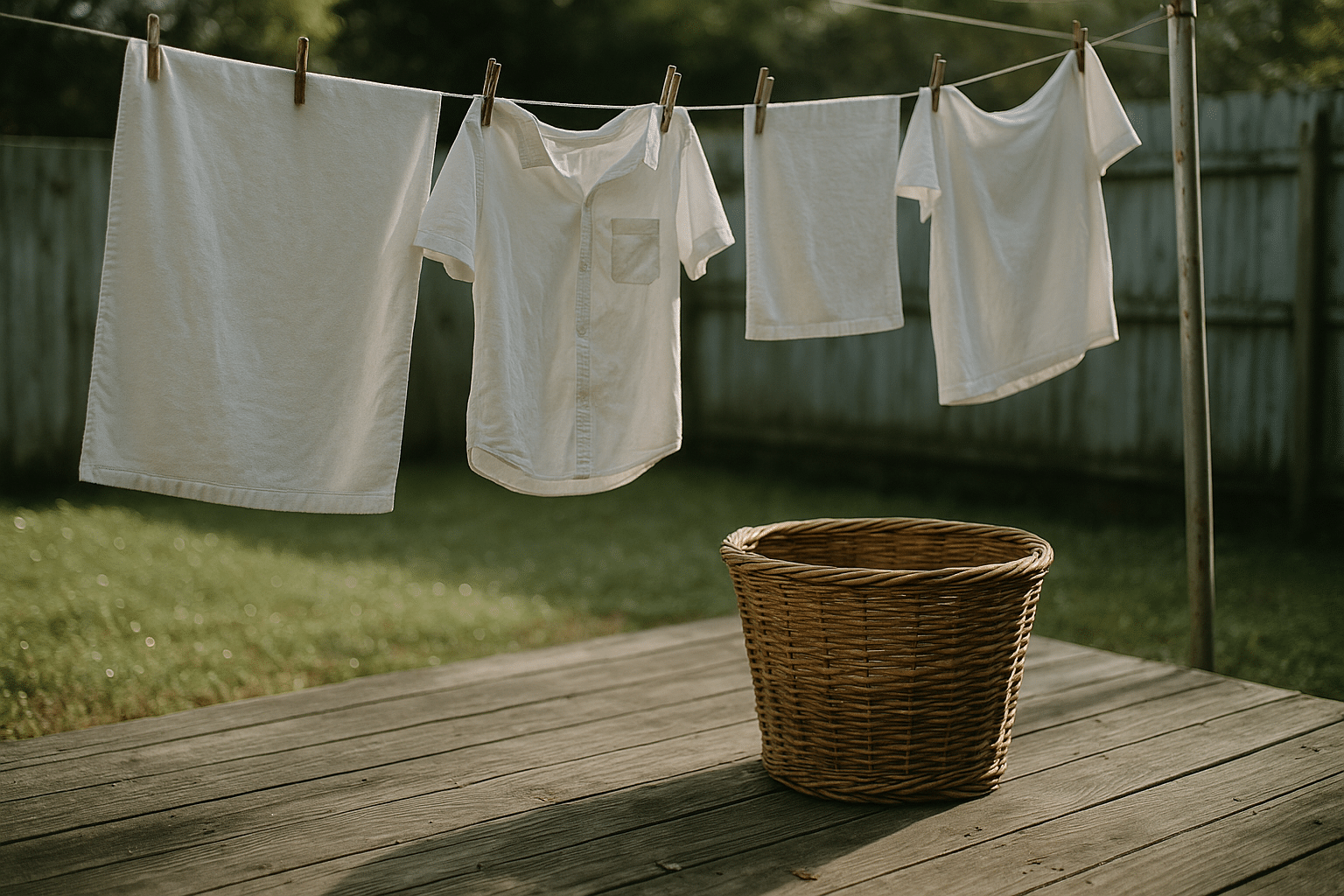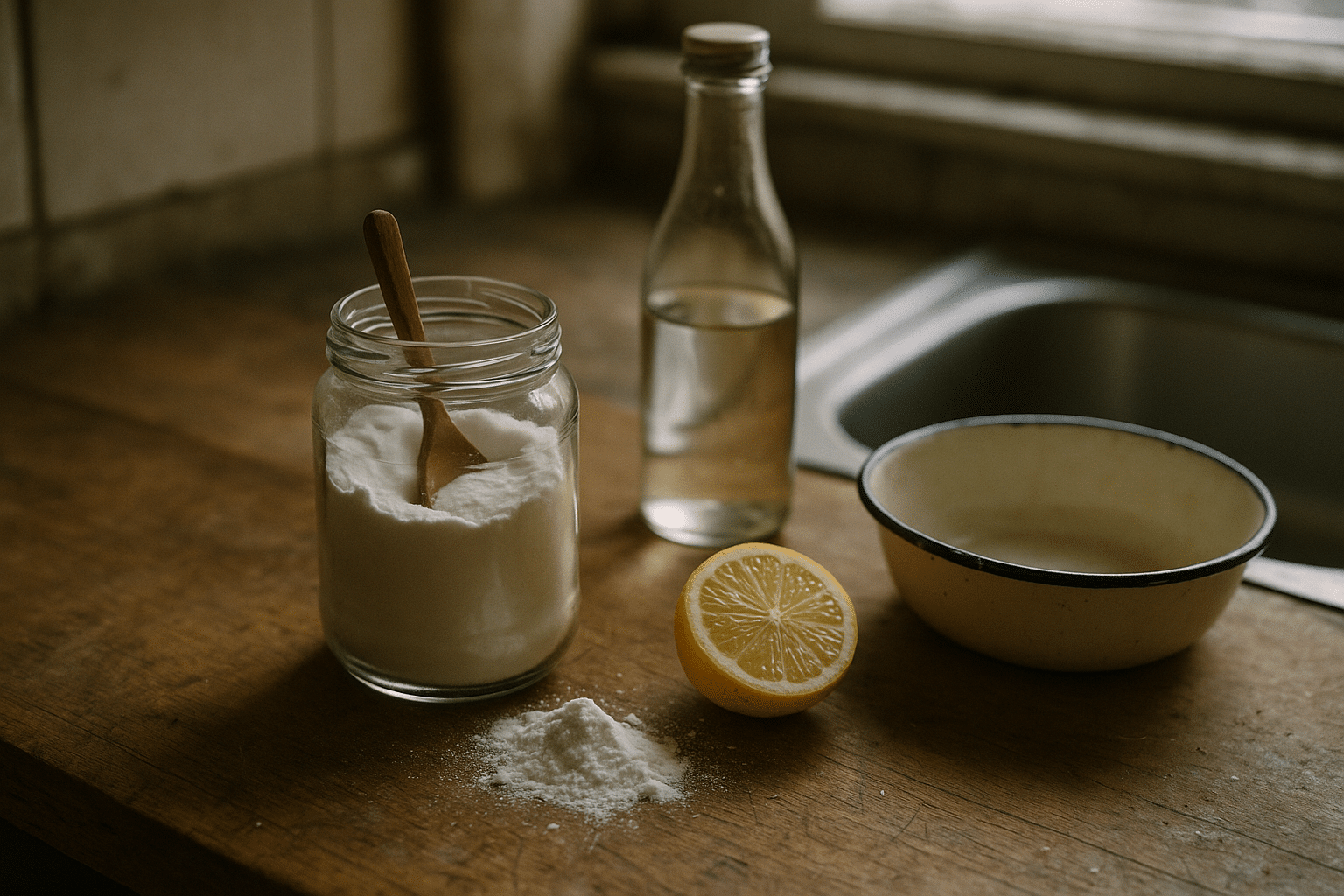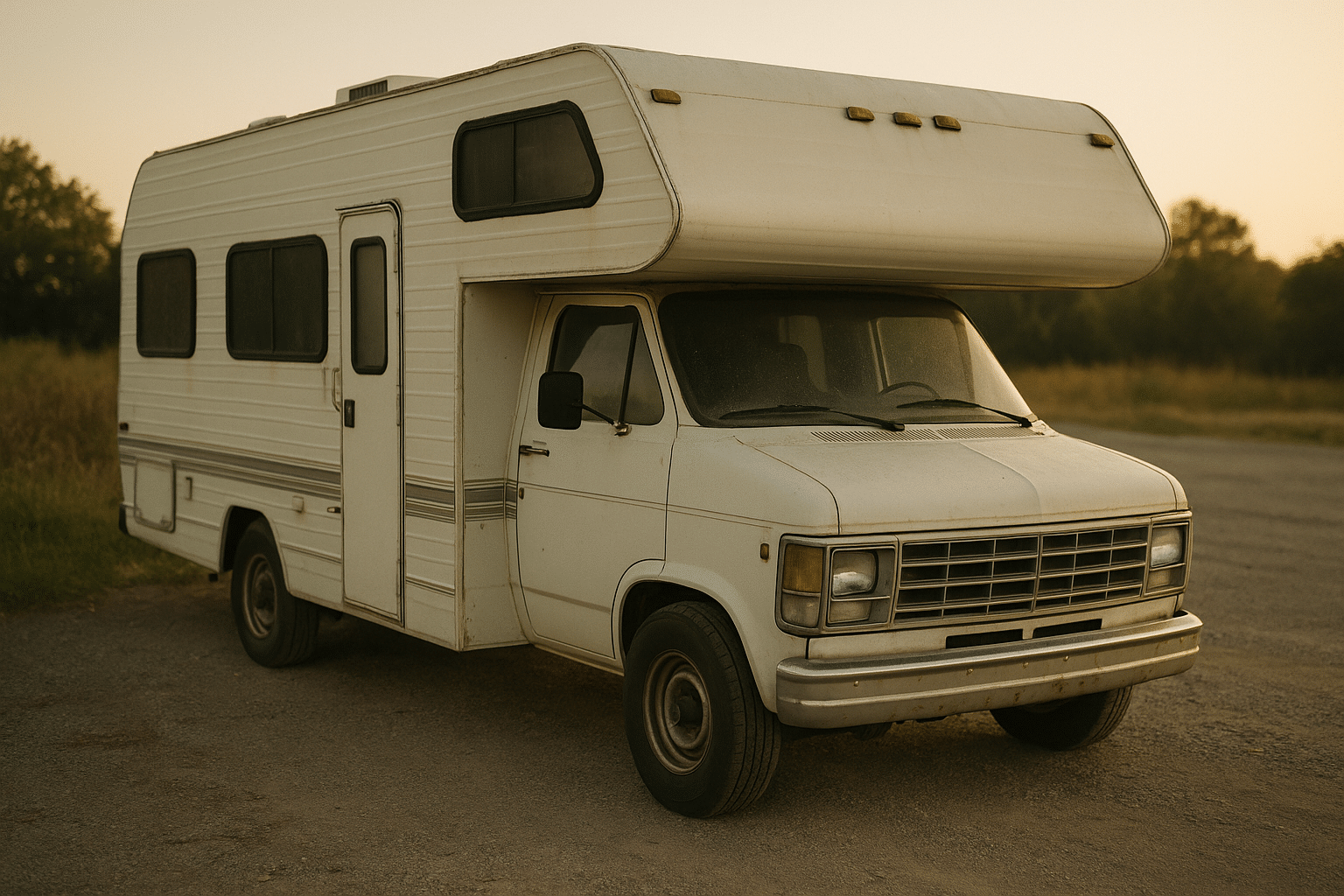
How to Keep Laundry Smelling Fresh: Practical Tips, Tricks, and Time-Tested Habits
Outline:
– The Science of Freshness: What Makes Laundry Smell Clean
– Pre‑Wash Habits: Sorting, Storing, and Pre‑Treating to Stop Odors Early
– Washer and Detergent Strategy: Dosage, Temperature, and Cycles
– Drying, Airflow, and Storage: Locking in Freshness After the Wash
– Conclusion: A Simple, Repeatable Routine for Noticeably Fresher Clothes
The Science of Freshness: What Makes Laundry Smell Clean
Fresh laundry isn’t magic; it’s chemistry, physics, and a bit of timing. Odor clings to fabric when sweat, skin oils, and microscopic soils meet moisture and limited airflow. Many everyday smells trace back to compounds produced by bacteria feeding on residues left behind by low‑temperature washes and excess detergent. Hard water minerals can bind to fibers and make detergents less effective, allowing soils to linger. Meanwhile, synthetic fibers (like those in activewear) tend to trap oily residues more readily than cotton, so they require more targeted care.
What commonly causes stubborn odor? Consider these usual suspects:
– Residue: Too much detergent can leave a film that traps odor molecules and lint.
– Insufficient heat: Repeated cold washes on heavily soiled items may not dissolve oils well.
– Slow drying: Damp time equals microbe time; towels left in a heap are classic culprits.
– Hard water: Minerals reduce cleaning efficiency and can create a dingy, stale smell.
– Washer biofilm: Detergent, fabric softener, and soil can accumulate in hidden crevices.
Temperature matters, but so does fiber type. Cotton can handle warmer cycles (check the care label) that help dissolve oils. Blends and synthetics often benefit from enzyme‑rich detergents and a thorough rinse rather than simply turning up the heat. Humidity also plays a role; relative humidity above roughly 60% makes it easier for musty smells to develop during storage. Sunlight can help: ultraviolet exposure on a line‑dry day doesn’t just smell nostalgic—it can reduce certain microbes and lighten lingering odors on sturdy fabrics.
A practical takeaway: freshness depends on removing the source of smell, not smothering it with heavy fragrance. Products that promise intense scents can be pleasant, but if residues remain, the effect is temporary. Think of your laundry as a loop—what you do before, during, and after the wash all contributes to a cleaner baseline where light fragrance, if you use it, actually reads as “fresh” rather than “covered up.”
Pre‑Wash Habits: Sorting, Storing, and Pre‑Treating to Stop Odors Early
Great‑smelling laundry starts long before you press the power button. Storing clothes the right way keeps odor from setting in and makes washing far more effective. Use breathable hampers for everyday wear, and keep a separate ventilated bin for sweaty workout gear and damp towels. If something is wet, hang it to dry before tossing it in a hamper; even a couple of hours of airflow can prevent that stale fog that’s so hard to remove later. Avoid tightly lidded containers for soiled clothes—without airflow, moisture lingers and microbes flourish.
Sorting strategy influences scent as much as it affects color protection. Separate loads by soil level rather than only by color: lightweight tees and office wear rarely need the same treatment as garden clothes or athletic leggings. Grouping heavily soiled items together lets you choose a more robust wash (longer cycle, warmer water if safe, extra rinse), while lightly worn garments get a gentler, faster cycle with less detergent. That prevents over‑washing—and over‑scenting—items that don’t need it.
Pre‑treating is where you neutralize odor at the source. Enzyme‑based sprays or a small dab of liquid detergent on underarm areas, collars, and athleisure panels can break down proteins and oils before they bake into fabric. For towels, a periodic soak in warm water with an oxygen‑based laundry booster helps remove buildup without harshness on color. If you prefer pantry staples, use them thoughtfully:
– White vinegar can help with mineral and soap scum, but add it to a rinse, not together with alkaline additives.
– Baking soda can help buffer pH and manage odors; use it in the wash, not simultaneously with vinegar (they neutralize each other).
– Lemon juice is occasionally used for brightening on whites, but test first to avoid discoloration.
A few small habits make outsized differences:
– Unball socks and turn gym tops right‑side out to expose odor zones.
– Empty pockets to prevent moisture‑holding tissues from shredding and clinging.
– Don’t overload the hamper or the washer; compression prevents thorough cleaning and encourages stale smells.
By the time wash day arrives, these pre‑wash steps mean your machine is tackling soils that have been loosened and aired out, setting you up for a cleaner, naturally fresher finish.
Washer and Detergent Strategy: Dosage, Temperature, and Cycles
Once you’re at the machine, precision beats guesswork. Using too much detergent is a common cause of dull scent and lingering funk, because excess suds suspend soils that can redeposit as a film. That film traps odor and greyness. Use the measuring lines on the cap or scoop, and adjust for load size, soil level, and water hardness. In hard water areas, a water‑softening additive can boost cleaning so you can avoid over‑pouring. Watch for signs of overdosing—lots of suds, slippery feel in the rinse, or a sour smell after drying.
Temperature choices matter, but balance fabric care with cleaning needs:
– Cold (20–30°C): gentle on colors and elastics; fine for lightly soiled loads with effective enzymes.
– Warm (40°C): a practical default for mixed loads; helps dissolve oils and improve scent.
– Hot (60°C and above): use selectively for sturdy whites, towels, and linens where labels allow; can reduce microbes and persistent odors.
Cycle selection should match the goal. Longer cycles with adequate agitation help remove residues that short “quick wash” programs may leave behind, especially on athletic items. An extra rinse is a simple, powerful tool when chasing freshness; it helps eliminate leftover detergent and scent carriers that can turn musty later. For machines with a drum‑clean or sanitize program, run it monthly (or more often if you do many cold washes). Wipe the gasket, detergent drawer, and door after laundry day to discourage biofilm and give the interior time to dry.
Fragrance strategy is personal. Some prefer fragrance‑free formulas and rely on clean fibers plus airflow for a crisp, neutral scent. Others enjoy a light, layered aroma from detergent and a gentle fabric conditioner. If you experiment with naturally scented add‑ons, apply them responsibly: avoid putting straight oils on fabrics that can stain, and keep anything scented away from high heat. A safer route is a small, reusable cloth lightly scented and added during a low‑heat dry—test carefully and keep doses modest.
In short, the formula for fresh is simple but disciplined: correct dose, suitable temperature, enough mechanical action, and a clean machine. When those pieces align, fabrics emerge clean at the fiber level, and even minimal fragrance reads as airy rather than overwhelming.
Drying, Airflow, and Storage: Locking in Freshness After the Wash
How you dry clothes can make or break the scent you worked for. Move laundry from washer to dryer or line within 15–30 minutes to avoid “washer sit” odor. On a clear day, line drying gives you natural deodorizing benefits—sunlight and breeze can lift faint smells and leave cottons especially crisp. Indoors, a rack near moving air works well; just keep relative humidity in the room under roughly 60% with ventilation or a dehumidifier to discourage mustiness.
For machine drying, don’t overload. Clothes need tumble space for warm air to circulate and carry moisture away. Clean the lint filter every cycle and the exhaust vent regularly; restricted airflow extends drying time, which can encourage a flat, stale smell and wastes energy. Choose temperatures that respect fabric care: low for delicates and synthetic performance wear, medium for everyday items, and high only for sturdy towels and linens. Removing items promptly at the end of the cycle prevents warm, slightly damp fabrics from cooling into wrinkles and off‑odors.
Storage is the final guardrail:
– Ensure items are fully dry before folding—cool to the touch and free of damp spots.
– Use breathable storage like cotton bins or open shelving for daily wear.
– Reserve airtight containers for short stints or items truly bone‑dry; include a moisture absorber if needed.
– Refresh closets with airflow: a small gap between walls and shelves, and do not press garments tightly together.
– Natural deodorizers like cedar blocks or activated charcoal sachets can keep small spaces neutral without heavy fragrance.
Special cases deserve attention. Towels benefit from a bit of elbow room when hung, allowing air to circulate between folds. Gym wear should be aired immediately after use; even ten minutes on a hook before the hamper is a big win. If you live in a humid climate, a quick, low‑heat tumble after line drying can “set” freshness by driving off any residual moisture. Small habits—shaking garments before line drying, spacing items on hangers, folding only when truly dry—are the quiet rituals that preserve that just‑washed scent for days.
Think of drying and storage like the last chords of a song: if they ring true, the whole performance feels complete. With airflow, dryness, and breathable spaces, your laundry’s clean notes linger rather than fading away.
Conclusion: A Simple, Repeatable Routine for Noticeably Fresher Clothes
Fresh‑smelling laundry is the result of a routine that removes odor at its roots, not a single product or a one‑time hack. Start with thoughtful pre‑wash habits—air damp items, sort by soil, and pre‑treat targeted zones. In the wash, right‑size your detergent, choose temperatures that match soils and fabrics, and lean on longer cycles or an extra rinse when dealing with buildup. Keep the machine itself clean, because a tidy drum and gasket return every load to a neutral baseline.
Once you hit “dry,” act promptly and let airflow be your ally. Line drying adds a bright, natural lift when weather cooperates, while careful tumble drying protects delicate fibers and preserves scent. Finish strong in storage with breathable bins, spaced hangers, and humidity control so freshness isn’t lost in the closet. These steps reinforce one another, creating a loop where fabrics stay cleaner between wears and require less masking fragrance overall.
If you like checklists, try this weekly rhythm:
– Before wash day: open hampers to breathe, hang damp items, and pre‑treat trouble spots.
– Wash day: measure detergent, match cycle to soil, add an extra rinse for heavy loads.
– After wash: dry without delay, clean the lint screen, and store only when fully dry.
– Monthly: run a drum clean, wipe the gasket and drawer, and inspect the vent path.
The payoff is practical: clothes and towels that smell gently clean, closets that stay neutral, and a routine that saves time by preventing problems instead of chasing them. Whether your style is unscented and simple or lightly perfumed, this approach gives the fresh canvas that makes any finish feel inviting. Start with one change today—perhaps airing gym gear or measuring detergent—and let the results guide your next tweak. Soon the clean, easy scent you want will feel like the new normal.


